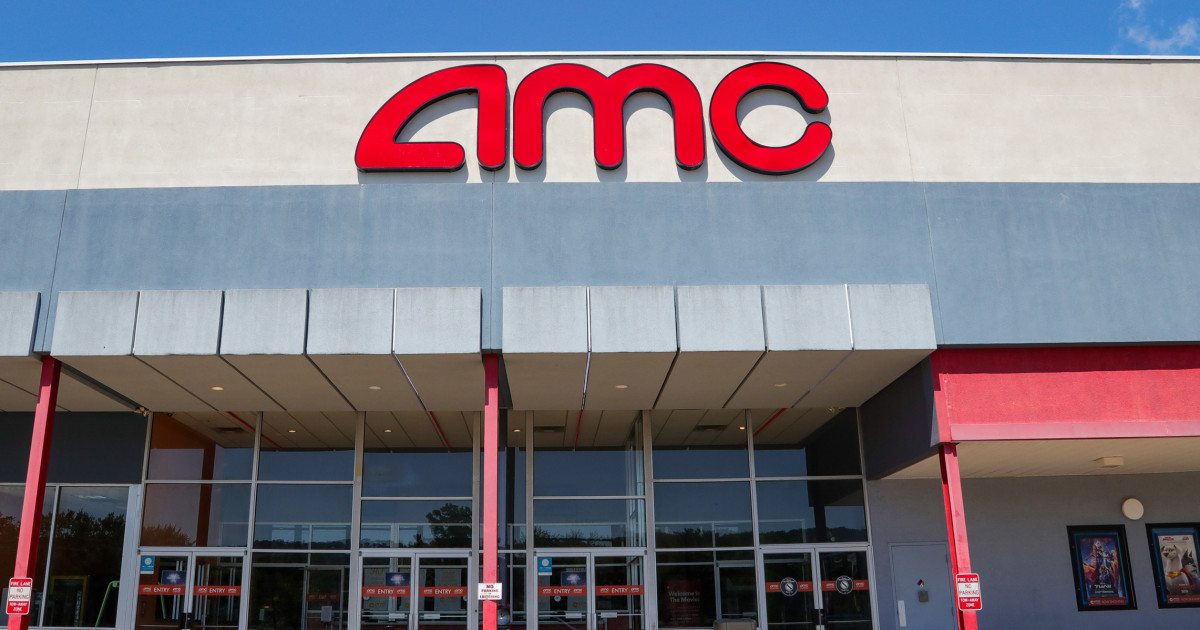Meme stocks are back.
One day after an account associated with the phenomenon posted for the first time in years on the X social media platform, shares in companies that have been linked to speculative trading activity are soaring in value.
Leading the way is video game retailer GameStop, whose shares soared 74% in Monday trading to about $30 and were up another 93% in Tuesday morning trading before the opening bell.
Other stocks rallying at eye-watering rates include AMC Entertainment Holdings, Blackberry and headphone-maker Koss Corp.
These firms have been generally unloved by most mainstream investors, as reflected in their previously desultory share prices.
But participants in the meme-stock mania have demonstrated an almost cult-like ability to imagine scenarios where the firms’ fortunes can be revived, creating astounding — and almost entirely speculative — run-ups in their share prices.
Origins
GameStop became the chief beneficiary of the first round of meme stock mania in late 2020 when Ryan Cohen, the co-founder of pet supplies group Chewy, announced he had a plan to revive the fortunes of the flagging company.
Fueled by online forum discussion, especially on Reddit, Cohen attracted an army of believers in his strategy that sent the value of GameStop stock to as high as $81.25 after never breaking $14 a share.
It didn’t exactly work: According to The Wall Street Journal, a string of executives hired by Cohen ended up quitting or getting fired. As recently as last month, GameStop shares had fallen back to just $11.
But on Monday, one of the chief meme-stock cheerleaders, known by the online moniker Roaring Kitty, posted a meme signaling he was planning to become active again.
The user, whose real name is Keith Gill and who was portrayed by Paul Dano in the film “Dumb Money” about the birth of the meme-stock frenzy, not only sought to make money but was also determined to punish other traders who were selling GameStop shares and other stocks short, meaning they were betting that the share prices of those companies would fall.
By driving up the price and “squeezing” these short sellers, Gill and his cohort created massive losses for the skeptics, which included large hedge funds and institutional traders.
Now, it’s happening again: CNBC reported GameStop short sellers are set to lose more than $2 billion at the stock’s current trading levels.
Creating value and making a ‘statement’
As far as anyone knows, the companies whose stocks are being traded as meme stocks haven’t actually done anything to reorient their fortunes in a way that would merit the tremendous run-up in their stock prices.
But that doesn’t mean they’re not taking advantage of the situation.
Tuesday morning, AMC announced it had raised $250 million off the run-up in its stock value from the near-doubling of its share price Monday (though it was just $3 to $5 per share).
It’s likely more companies could announce the same. Ironically, this action actually reduces the value of shares held by the speculators.
But the goals of meme-stock participants are not solely to make a quick buck.
“I support these retail investors, their ability to make a statement,” Gill told The Wall Street Journal in a 2021 interview.

